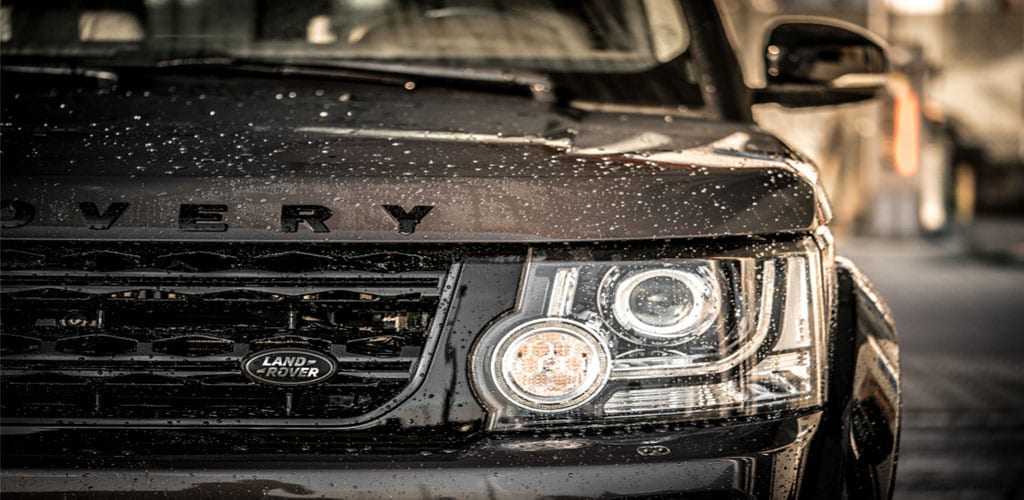What is an SUV?
- An SUV, or sport utility vehicle, is a type of automobile that combines the features of both a passenger car and light truck.
What are some benefits of owning an SUV?
- Benefits of owning an SUV include increased cargo space and visibility, more interior room for passengers, better off-road capabilities, improved towing capacity and higher ground clearance than traditional cars.
Are SUVs safe to drive?
- Yes, modern SUVs come equipped with many safety features such as electronic stability control (ESC), anti-lock brakes (ABS), side curtain airbags and advanced traction control systems which all make them very safe vehicles to drive.
How much does it cost to own an SUV?
- The cost of owning an SUV varies depending on several factors such as brand/make/model chosen, estimated fuel economy ratings and maintenance costs. Generally speaking you can expect to pay anywhere from $20k-$100k+ for a new or used model.
Does my insurance increase when I buy an SUV ?
- Yes , usually there will be increases in your car insurance premiums when you switch from a sedan or other types of vehicle over to driving an SUV . This is due to the larger size & weight combined with additional features that often come standard with most models today .
Are SUVs good in bad weather conditions ?
- Yes , many newer models are well equipped for bad weather conditions because they feature AWD (all wheel drive) technology along with special tread patterns on the tires which allow them greater grip & handling on wet roads . Additionally , some have high ground clearance which helps keep drivers out of any deep puddles while driving through flooded areas during storms .
Do SUVs typically get good gas mileage ?
- Unfortunately no , most SUVs tend not have great fuel efficiency compared to smaller cars . While certain hybrid models may offer slightly better MPG levels than regular ones , overall they still consume more gasoline than their smaller counterparts due mostly because their heavier weight requires more energy output from engines in order move them around efficiently .
Is it necessary to rotate my tires regularly if I own an SUV ?
- Yes, just like with any other type of automobile regular tire rotations are important regardless if its a sedan or crossover /SUV vehicle since this ensures even wear & tear across all four corners giving you lasting performance out your rubber treads plus helping improve fuel economy at same time too !
Can I install snow chains onto my tires during winter months ?
- Absolutely - installing snow chains onto your tires is always recommended whenever there's extensive icy road conditions present as this provides extra traction & grip allowing safer maneuvering through slippery surfaces without getting stuck easily ! Just remember though that these should only be used sparingly so don't forget take 'em back off after danger has passed by again!
Will installing roof racks affect aerodynamics negatively ?
- Not necessarily - those actually help reduce drag resistance when traveling at speed since air flows smoother over surface area provided by rack instead creating turbulence behind vehicle itself thus improving overall MPG numbers slightly too
